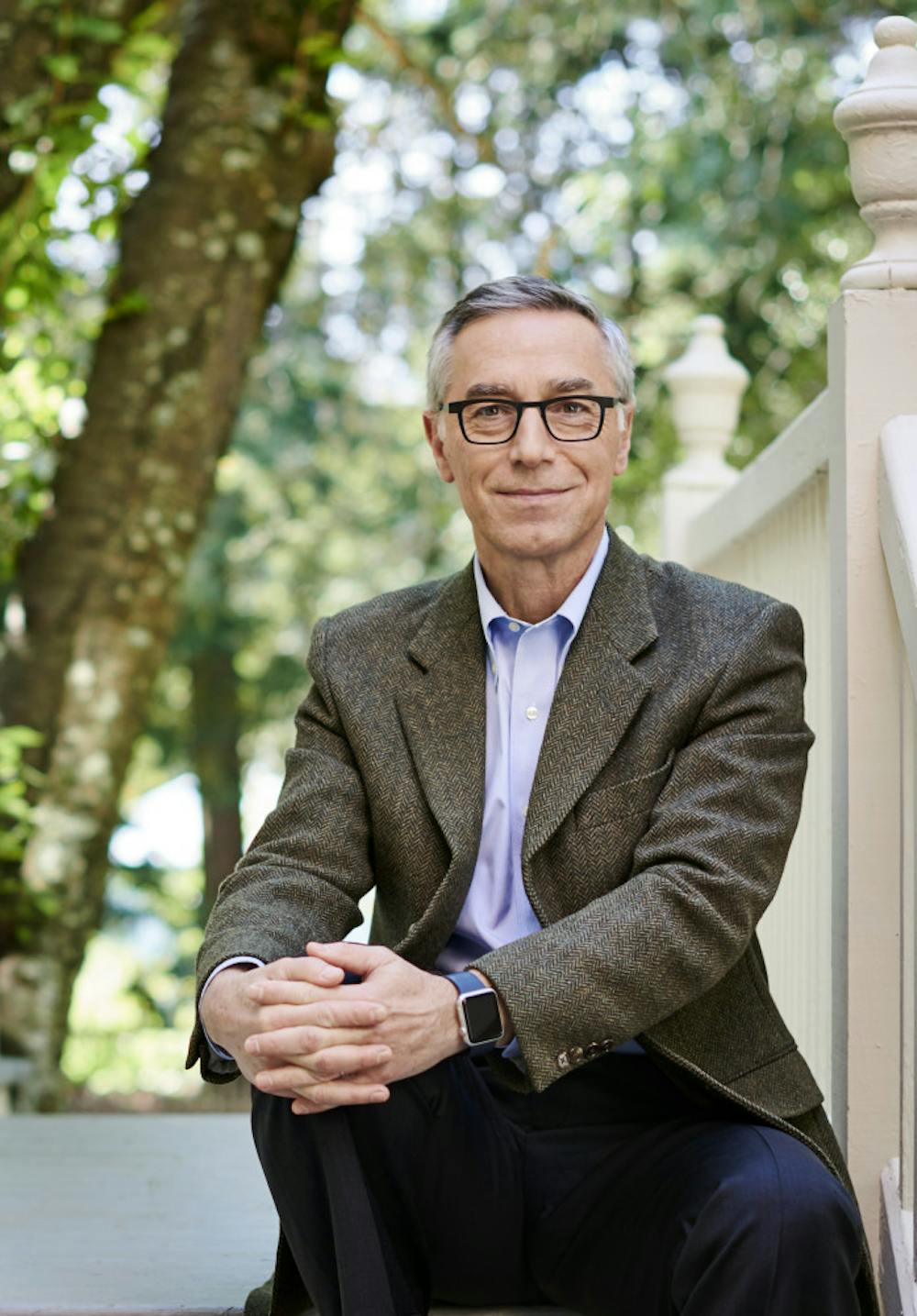In Tuesday’s faculty meeting, Provost Richard Locke P’18 criticized what he sees as government overreach in President Trump’s planned executive order to protect campus free speech.
Trump proposed this order at a meeting of the Conservative Political Action Conference and claimed that the order would allow him to withhold federal funding from colleges and universities that do not protect conservative voices.
Although there has been no executive order announced yet, Locke called Trump’s proposal “a tremendous government overreach into the affairs of universities, both public and private.” In response to community members’ concerns in the past, the University has taken efforts — such as inviting speakers with different perspectives — to ensure all positions are welcomed and heard on campus. Such an order would be “unnecessary,” because the University is “already committed to free speech,” he added. “If the executive order materializes, we will respond either alone or through our associations.”
Locke also discussed the budget plan for FY20, and President Christina Paxson P’19 presented on the University’s emissions goals and progress on various construction projects.
Beside a 5.14 percent undergraduate tuition increase in the FY20 budget, there will also be a reduction of the endowment’s payout rate from 4.9 percent to 4.85 percent, The Herald previously reported. Despite the tuition increase, the University is still “in the middle of the pan” compared to peer institutions, Locke said, adding that Stanford and Princeton are expecting a 6 percent and 5.23 percent tuition raise respectively. Although there is no long-term plan for the trajectory of the University’s tuition, the University will continue to diversify its revenue sources and reduce its reliance on tuition and fees, Locke added.
Paxson updated faculty members on the University’s plan to reach net-zero greenhouse gas emissions by 2040. This goal was one of the major outcomes of the February 2019 Corporation meeting, The Herald previously reported. With two power-purchase agreements — one involving a solar plant in Rhode Island and another involving a wind plant in Texas — the University is on track to complete its 2008 goals for emissions, Paxson said.
During the meeting, Paxson also spoke about the construction of the new Performing Arts Center. The PAC will “maintain high acoustic quality” while incorporating other flexible functions, such as a full orchestra configuration and an immersive multimedia space, Paxson said. The design features a floor surrounded by glass panels and outdoor stairs that could also function as a performance space, The Herald previously reported.
The relocation of Sharpe House, which used to occupy the land plot where the PAC will be located, caused microfractures on the rocks underneath the Biomedical Center, but the damage is minimal and is under careful monitoring, Paxson said.
A project to connect the two buildings of the history department is expected to be completed November 2019, The Herald previously reported.
The meeting also commemorated the passing of two former University faculty members, William Crossgrove, professor emeritus of German studies and comparative literature, and Walter F. Freiberger, professor emeritus of applied mathematics.





